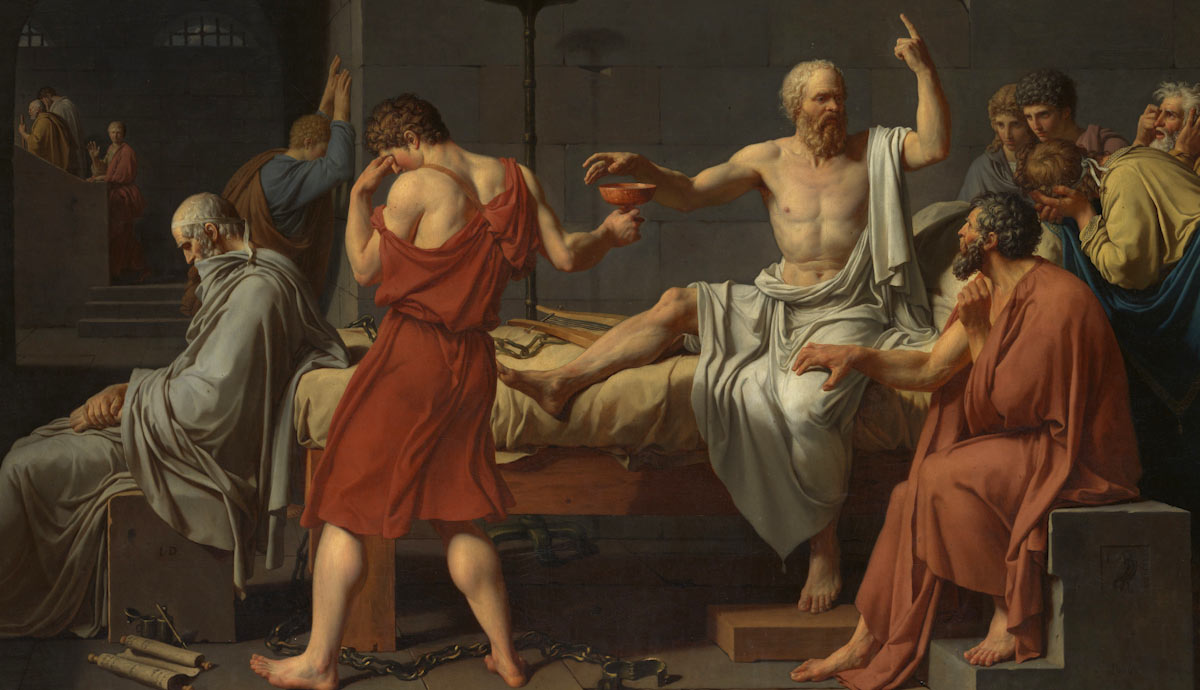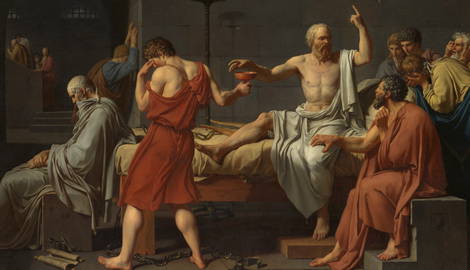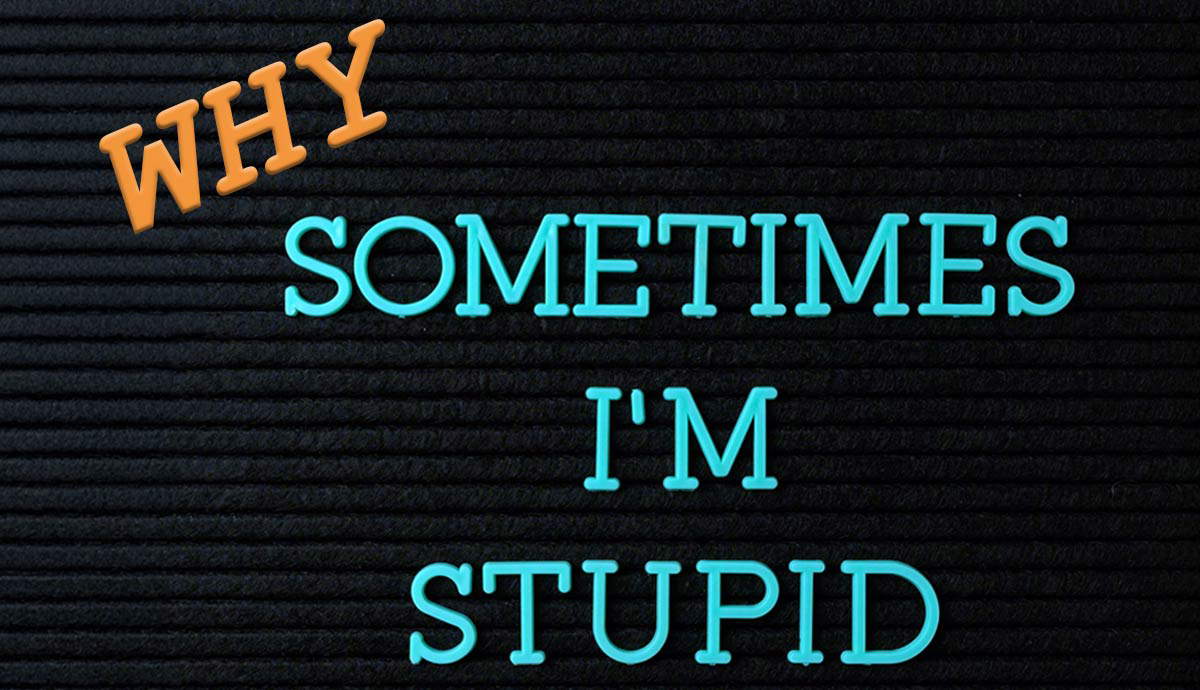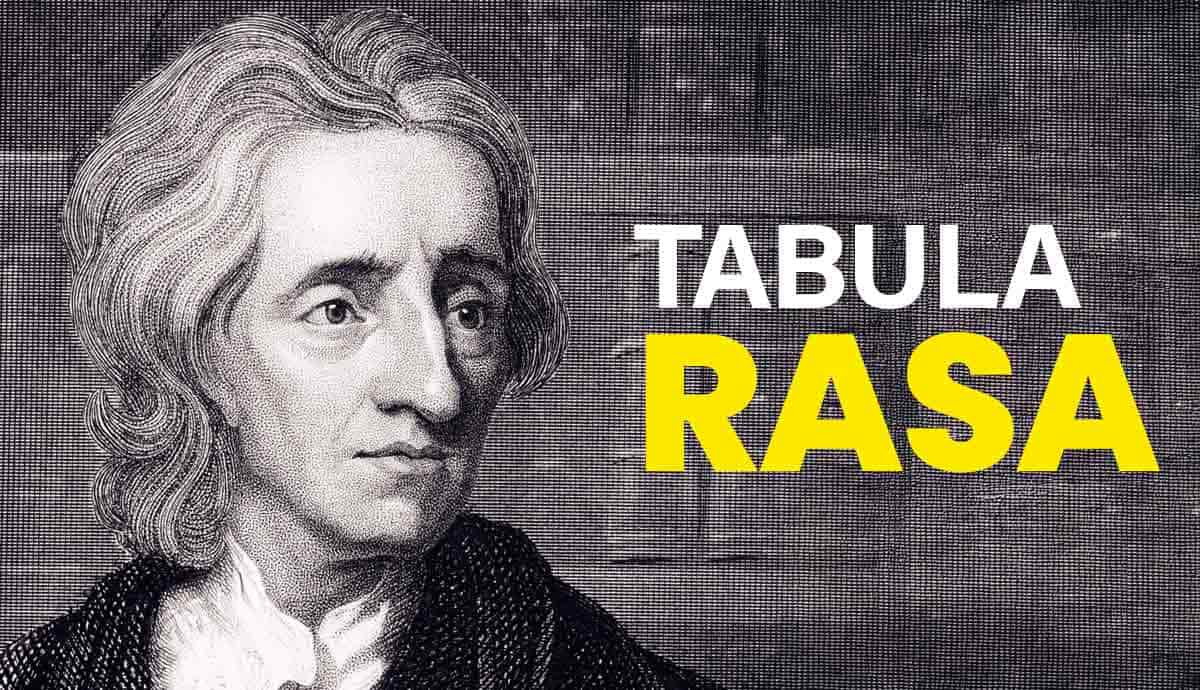
summary
- In Plato’s Crito, Socrates converses with his friend Crito as he awaits execution.
- Crito pleads with Socrates to escape, as the execution would be an injustice to his friends, sons, and students.
- Socrates argues that he is honor-bound to accept the judgment of the state and that a good life is more important than a long one.
The Crito is one of Plato’s best-known dialogues. This work is set just before Socrates’ infamous execution. The discussion it contains is, at certain points, personal, and yet is thoroughly concerned with understanding the relationship between the individual and the state. Specifically, it examines the reasons why Socrates chose to remain within the state and face execution rather than escape and live as an exile.
The Relationship Between Plato and Socrates

The Crito is one of many Dialogues that Plato wrote with Socrates as the main protagonist. While some scholars question the relationship between Plato and Socrates, the standard story is that Plato was a student of Socrates. Plato was a young man when he met Socrates and became one of his most devoted disciples.
Plato was present at many of Socrates’ famous dialogues, in which he explored philosophical ideas through conversation. He then wrote his Dialogues in imitation of those conversations to explore Socrates’ influential teachings. Plato presents Socrates as a wise and enigmatic figure deeply committed to the pursuit of truth and virtue and a model of the ideal philosophical life, shaping modern perceptions of the ancient philosopher. But Plato also builds and reflects on Socrates’ ideas, inserting his own philosophical ideas into the Dialogues.
Socrates and the Athenian State

The Crito is set after Socrates’ trial, in which he is condemned to death. Charges were brought against him in 399 BCE by some of his fellow citizens who were angered by his questioning of traditional beliefs and practices. He was accused of impiety (not believing in the gods) and corrupting the youth. He was found guilty by a jury of 500 Athenians. Socrates was sentenced to death by drinking hemlock poison. The sentence was not enacted at once due to a convention that no one could be executed until the Athenian state galley returned from a religious voyage it undertook once a year.
According to Plato’s account, Crito, a close friend of Socrates, visits him in prison to inform him that the return of the galley is imminent and to attempt to persuade him to flee. The dialogue begins with a touching exchange of greetings, followed by Crito imploring Socrates to accept salvation. But Socrates makes his resignation to his fate clear.
Crito’s Plea to Socrates

Crito begins with an appeal not to Socrates’ self-interest but to that of Crito and his friends. He notes that if Socrates does not accept their aid, people would say that they let their fear of the consequences outweigh their desire to help Socrates. This would have financial consequences, as it would give the impression that Crito and his friends value money over friendship.
Socrates’ self-consciously ironic response is that his punishment was passed down by a democratic government: “My good Crito, why should we care so much for what the majority think?” When Crito makes the very point that Socrates’ predicament is a result of majority opinion, Socrates suggests that the majority only ever make their decisions “haphazardly,” suggesting there is little point in even trying to assuage them.

Crito reiterates how willing he is to take any consequence that might come his way, before raising a second objection to Socrates’ decision to remain in prison. Namely, that by doing so, Socrates would be doing a disservice to his dependents, especially his sons, whose future would become far less certain and whose education needs to be completed. Crito suggests that Socrates lacks courage and has chosen the easiest path.
Socrates responds by insisting that they must examine the case for staying and for fleeing based on reflective discussion, as he has spent his life doing. First, he pursues the idea of the majority verdict, using the analogy of an athlete’s relationship with their trainer to illustrate how the opinion of one might trump the opinion of everyone else in certain matters. The power of the majority over life and death does not, in Socrates’ view, change things, for it is the good life, not merely a long life, that is at issue. He suggests that fleeing ignominiously would besmirch his life, which would be worse than death.
Socrates’ Counterargument

Socrates then turns to the question of whether it would be just for him to attempt to escape. He wonders with Crito whether goodness, as they have previously discussed it, should be rethought given the circumstances. He has Crito agree that wrongdoing is never justified, not even in response to some further wrong having been done. Socrates emphasizes how few people manage to hold to this principle.
This sets Socrates up to suggest that by refusing to accede to the demands of the Athenian state, he is nullifying the power of that state and undermining its capacity to function.
“Do you not by this action you are attempting intend to destroy us, the laws, and indeed the whole city, as far as you are concerned? Or do you think it possible for a city not to be destroyed if the verdicts of its courts have no force but are nullified and set at naught by private individuals?”
Socrates’ debt to the city is established by what he owes it in terms of his upbringing, sustenance, and protection throughout his life.
What we establish here is a certain kind of argument in favor of obedience to the state, which, though stated somewhat differently, is rather similar to the “social contract” arguments that became popular in the 17th and 18th centuries and still have currency today among political theorists.
Authority of the State

Arguments, such as the one given to Socrates, attempt to justify the authority of the state in terms of the contract that they strike with their citizens. These theories posit that a principle of agreement is the main justification for the power of the state. However, given that an agreement cannot be established before a person is born, but the person also begins to enjoy the benefits of the state from birth, it must be a kind of hypothetical agreement. While the specific nature of these arguments is beyond our scope, what matters in Crito is the pattern of reasoning that attempts to draw a near-absolute obligation to obey the authority of the state due to the benefits conferred by it.
“You would not have dwelt here most consistently of all the Athenians if the city had not been exceedingly pleasing to you. You have never left the city, even to see a festival, nor for any other reason except military service; you have never gone to stay in any other city, as people do; you have had no desire to know another city or other laws; we and our city satisfied you. So decisively did you choose us and agree to be a citizen under us.”
There is a more subtle argument being made here. When giving voice to the Athenian state, Socrates has them observe that, rather than giving “savage commands,” it provides “two alternatives, either to persuade us or to do what we say. He does neither.” The point here is that, in a participatory system, he who has failed to persuade his peers, in this case the 500 who convicted Socrates, is bound by obligation to do what those peers decide. Here, we can say that truth and right in such a system are malleable insofar as they are subject to the power of persuasion.










